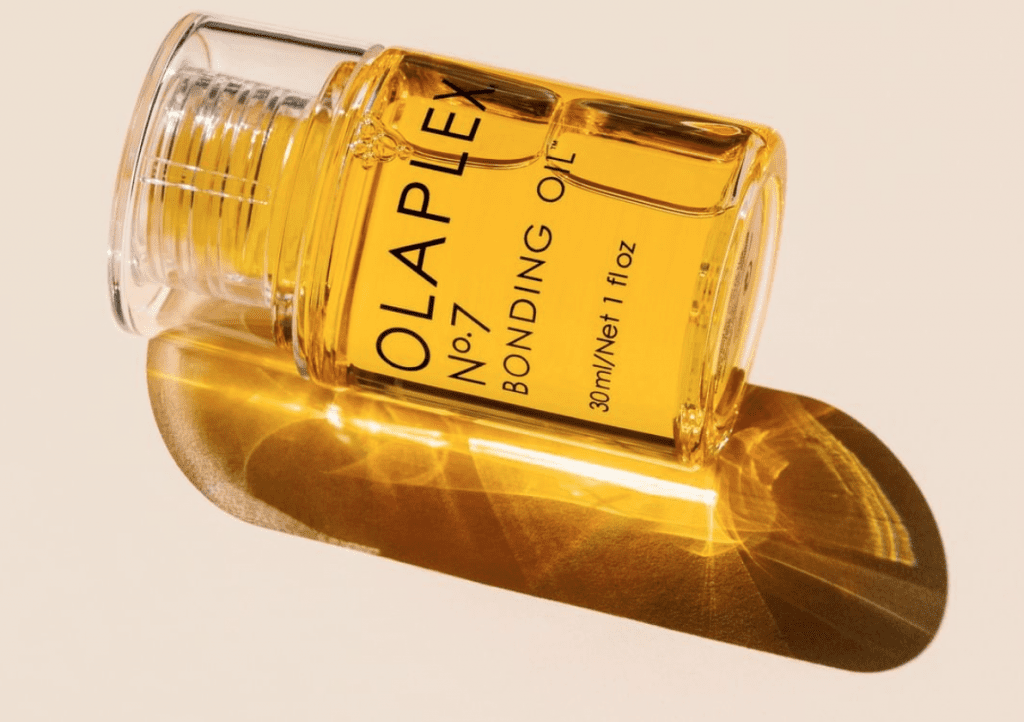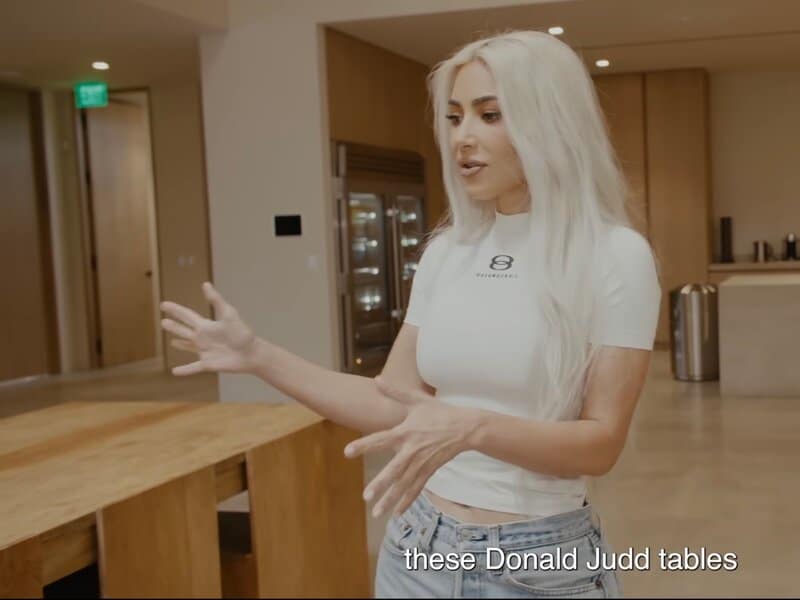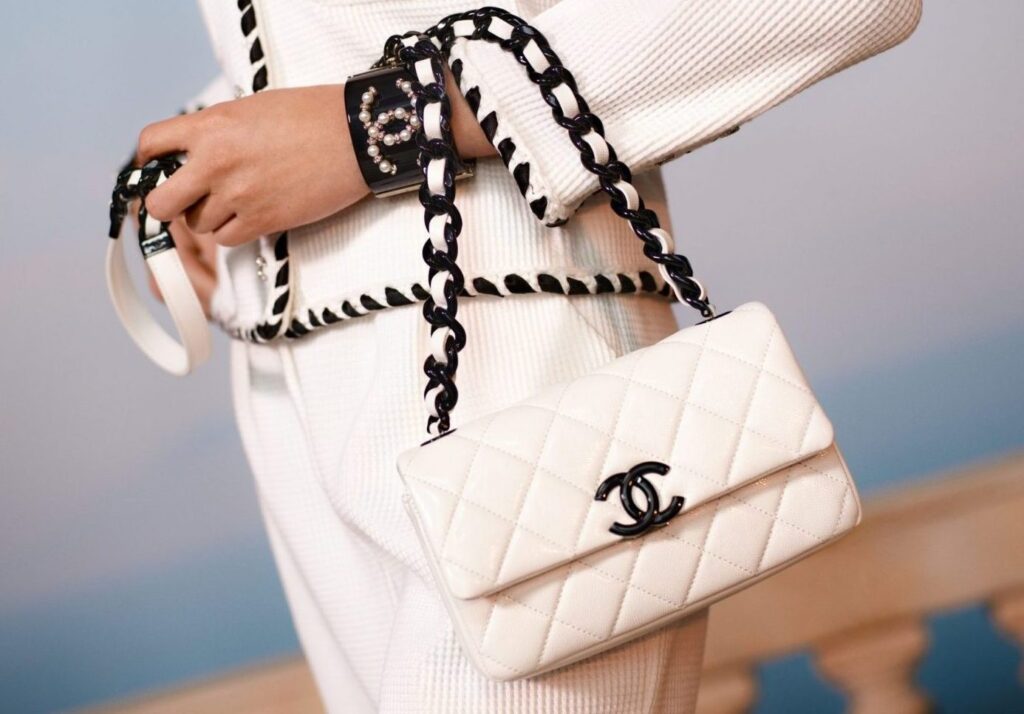The high-stakes legal battle between L’Oreal and Olaplex over proprietary haircare products is still underway, and in fact, L’Oreal is looking for the Federal Circuit to intervene in connection with the $66 million judgment that was lodged against it last year. In a newly-filed appeal, the U.S. arm of the French personal care giant is taking issue with an August 2019 jury verdict and subsequent judgment, which came about a year and a half after Olaplex filed a strongly-worded trade secret misappropriation, patent infringement, and breach of contract lawsuit against L’Oreal, accusing the company of stealing the formulas for its haircare products and “slavishly” replicating them.
Following a week-long trial in August 2019, a federal jury in Delaware found that L’Oreal had willfully infringed two patents for products at the core of Olaplex’s business. In addition to infringing Olaplex’s patents for its novel bonding system, a multi-step process aimed at strengthening and protecting hair, L’Oreal was found to have also stolen trade secrets from its younger and smaller rival, and breached the confidentiality agreement it entered into in connection with discussions between the two companies about a potential acquisition. In the August 2019 verdict, the jury determined that Olaplex was entitled to nearly $100 million in damages ($22 million for the breach of contract, $22 million for trade secret misappropriation, and almost $47 million for patent infringement).
Shortly after the jury verdict was announced, Judge Bataillon of the U.S. District Court for the District of Delaware granted a permanent injunction for Olaplex, thereby, preventing L’Oreal from selling nine separate products, such as its Smartbond shampoo and conditioning kits, as well as similar products from its Redken and Matrix brands, and entered a final judgment, chopping Olaplex’s damages award in half, and ordering L’Oreal to pay $66.2 million, a sum that includes attorneys’ fees and prejudgment interest. The judge stated in a subsequent decision centering on Olaplex’s attorney’s fees and costs that the case was an “exceptional” one, and thus, met the standard required for the award of attorney’s fees (a district court has broad discretion in determining exceptionality, typically looking to factors, such as the substantive strength of the parties’ litigating positions and the manner in which the case was litigated), stating that L’Oreal’s conduct “border[ed] on, or [amounted to], vexatious litigation.”
The court’s decision prompted L’Oreal – which has consistently argued that it independently conceived of the products at issue and did not, as Santa Monica, California-based Olaplex alleges, “willfully copy the technology without authorization to create three slavish knockoff [products]” in furtherance of a scheme of blatant theft and “corporate greed” – to appeal.
According to L’Oreal, the Delaware federal court erred in its decision for two reasons. First, it improperly excluded critical witnesses at trial, including L’Oreal Research & Innovation Director Delphine Allard, who was allegedly ready to testify that despite Olaplex’s claims, she never saw the unpublished patent application that Olaplex says L’Oreal used to create copycat products. As a result of such exclusion, L’Oreal says it is entitled to a new trial.
Second, L’Oreal argues that the court improperly granted summary judgment on Olaplex’s two patent infringement claims, and instead of preliminarily siding with Olaplex and only requiring the jury to decide if such infringement was willful, the patent infringement determinations should have been left up to the jury. With that in mind, L’Oreal has asked the U.S. Court of Appeals for the Federal Circuit to reverse this judgment.
The appeal by L’Oreal comes seven months after private equity giant Advent International announced that it would acquire Olaplex in furtherance of a larger pattern of big-name M&A deals within the beauty, skincare and haircare space in recent years. Financial details of the transaction were not disclosed.
*The case is Liqwd Inc. v. L’Oreal USA Inc., 1:17-cv-00014 (D. Del.).














